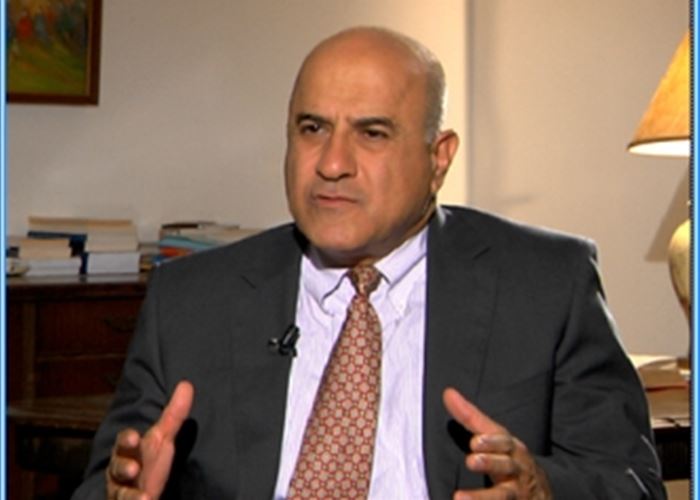The Vade Mecum of an Unlikely Negotiation
Charles Elias Chartouni/March 14/2021
قراءة للدكتور شارل شرتوني في كُتيّب عملية التفاوض الأميركية -الدولية-الإيرانية النووية
One wonders whether the chances of a fruitful negotiation will ever see the light between the Iranian regime, the United States of America and the international community.
How can you get a totalitarian dictatorship to overcome its ideological warps, open up to the rest of the world and engage in negotiations with a genuine intent of normalization.
Setting high expectations on a political system based on a psychotic world vision, a destabilization strategy wreaking havoc throughout the Middle East, and a sense of impunity which account for its reckless policies and tempestuous military interventionism, should be weighed against the backdrop of a widening regional chaos induced by the structural brittleness of the regional State system and its backlashing effects (Iran included), the unraveling of the Iranian economy, the expanding scope of rural and urban poverty, the destructive consequences of environmental disarray, the costs of an overstretched imperialism, and the debunked religious legitimacy…,.
What’s typical of totalitarianism is the deliberate contempt of whatever facts contradict its cognitive framework and impugn its paranoid defenses.
How can we set a negotiation on track when its premises are absent or at best controversial and fluctuating, and its scope shifting along the ever changing moods and political objectives of a decaying dictatorship.
The initial blueprint of the 2015 negotiations was predicated on a demilitarization scenario built around the nuclear core-component and its conventional ramifications, the progressive political normalization at both internal and external ends, matched with the lifting of financial sanctions and the onset of working economic relationships.
Paradoxically enough the Iranian regime failed on every account to uphold its commitments when its double dealing, shadowy adherence, blatant instrumentalisation of the accord to hedge its ballistic missiles program and military expansionism throughout the arc of Middle Eastern instability.
The regime has managed to deliberately undermine its stated diplomatic objectives, while pushing forward a destabilization strategy throughout the Middle East.
While reviewing the predicates of the actual negotiation scheme, i was not surprised to observe that the methodology is still dealing with the equivocations and inconsistencies of the obstinate unilateralism displayed all along by the Iranian regime.
The US administration has to capitalize on the the achievements of the Trump modus operandi, its determination to reach a comprehensive deal which includes the various recapitulated stakes and their counterparts, and evade the pitfalls of a segmented approach and its self defeating “equivocation fallacy”.
The Iranian regime has intentionally failed repeated attempts at normalization on account of its ubiquitous insecurities, ideological restrictions, and dissembling pattern of communication, which leave us with the ultimate question that has never been answered, is the Iranian regime willing or capable of normalization and at which cost?
The track record of the Islamic regime is not reassuring, nor the hazards of volatile Middle Eastern geopolitics are quite helpful in this regard.




















